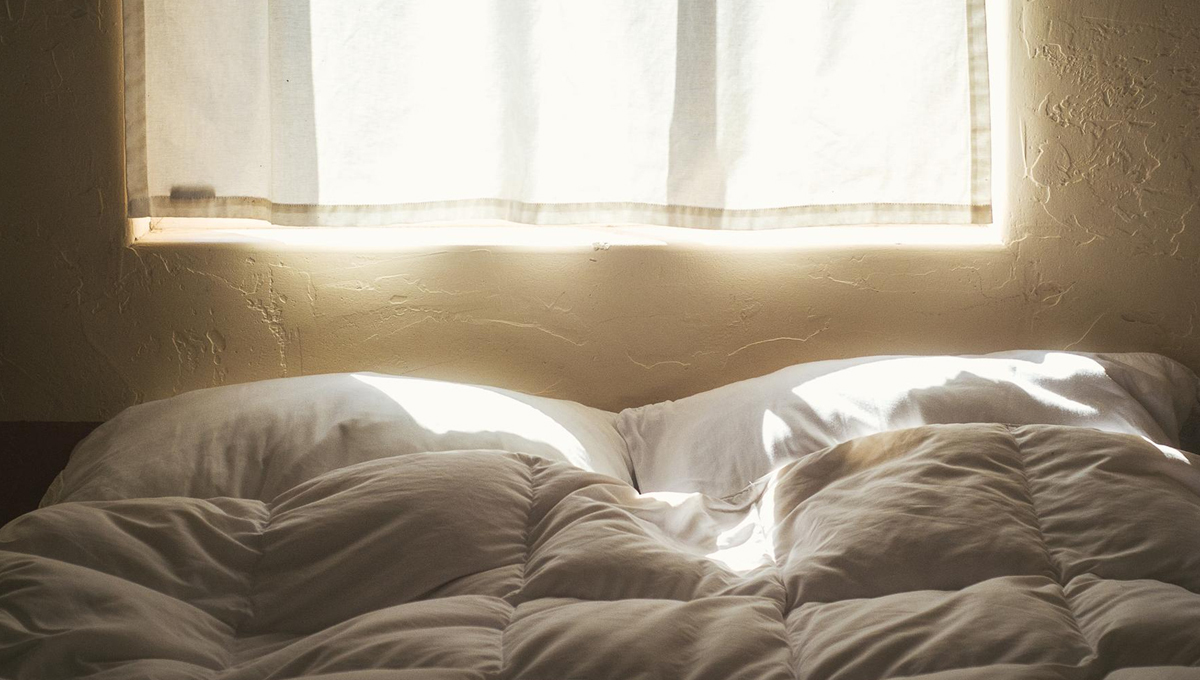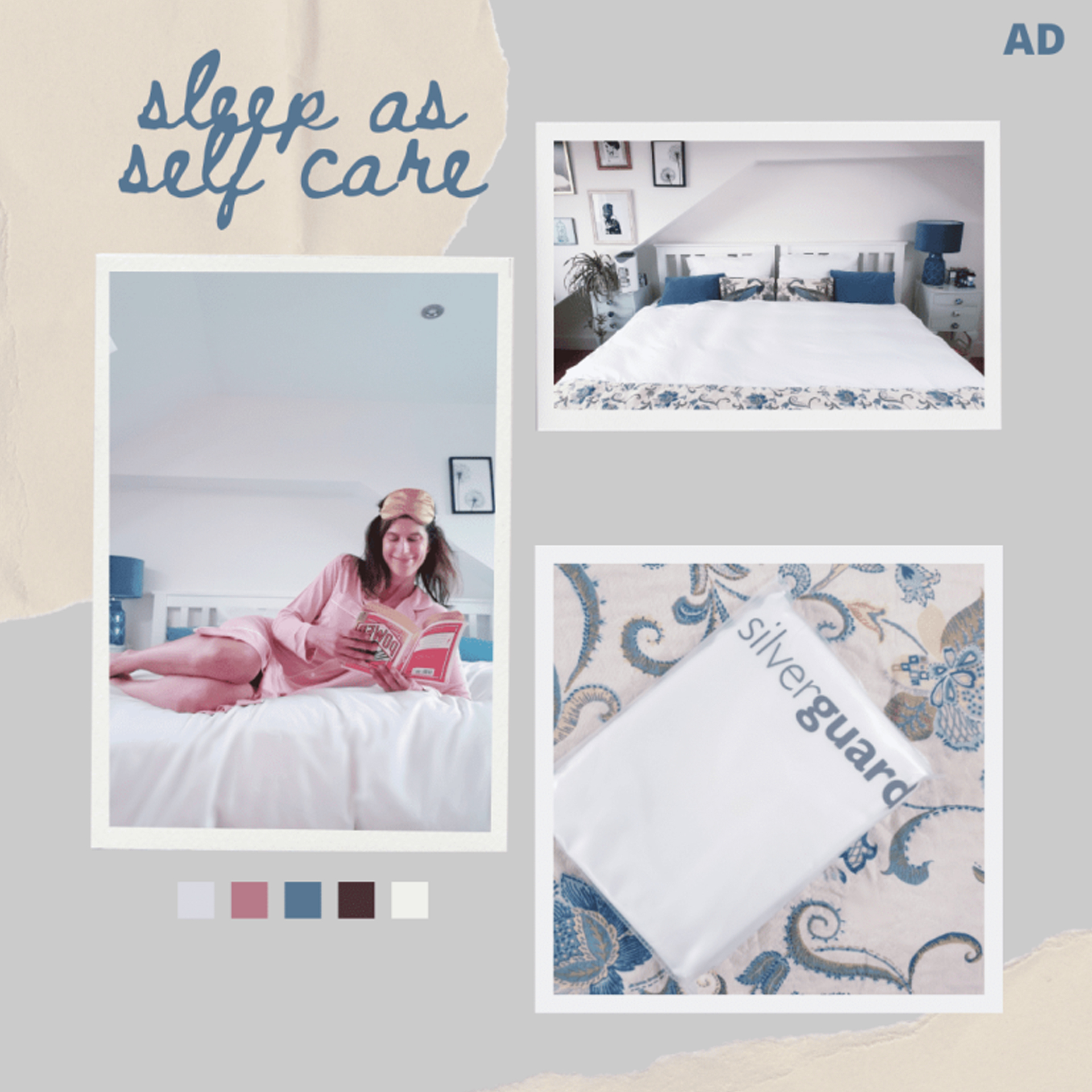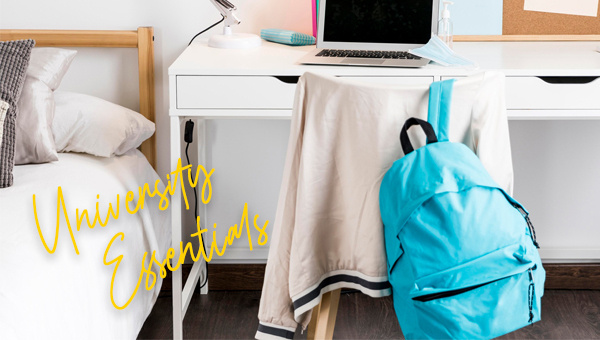


Check out this great blog post from Talya at Motherhood: the Real Deal.
If there’s one thing we universally know as parents, it’s exhaustion. Yes, being a parent is one of the most rewarding things in life, but against the backdrop of this complicated world we live in where we are all taking on far too much, it is also completely draining. We all pine for a better night’s sleep but then reality hits….
The chores to do after the kids have gone to bed, the coughs and colds that keep our little ones awake at night, the worries turning over in our mind once we do finally get to bed, and then of course night time visits and little ones jumping on our heads in the morning before we’re ready to wake up.
We make so many sacrifices as parents, and sleep is a big one. But sleep is so important to our overall mental and physical wellbeing, so how can we prioritize sleep as a form of self-care and get a better night’s sleep?
To help this be more achievable as a parent, this World Sleep Day we’ve put together this mini-guide in partnership with SilverGuard – which has a gorgeous and unbelievably comfortable line of antibacterial bedding – to help you prioritise sleep as a parent.
About SilverGuard
SilverGuard, powered by IONIC+, produces antimicrobial textile solutions. Quality, reusable, antimicrobial textile products designed to keep you and your family comfortable and safe. Their antimicrobial bedding range incorporates IONIC+ silver thread provides a unbelievably comfortable night’s sleep.
Their entire range of products – from bedding to bath towels, face masks and more is dermatologically accredited by the Skin Health Alliance (the first textile company to have ever received this accolade) and you can really tell this from how their products feels against your skin.
I’ve been using their bedding and can personally vouch for the fact that it feels totally luxurious – giving you the ideal bedroom and sleep experience. Combining both Supima® cotton and IONIC+ antimicrobial technology, their sumptuous sateen woven bedding range really does what it says – delivers a more comfortable night’s sleep. In fact, I have been having THE most incredible sleep since I’ve been using it. So proof really is in the pudding.
Here are some features worth highlighting:
Supima® Cotton: all their bedding products are made using soft, dense, and absorbent Supima® cotton for its premium quality and plush feel.
IONIC+ Antimicrobial Protection: the bed linen is made using a blend of Supima® and IONIC+ silver thread. The IONIC+ silver works to prevent the growth of bacteria, making the bed environment a safer and cleaner place in between laundering.
Healthier Skin: the same technology tackles redness and skin irritations by eliminating the bacteria that can cause acne breakouts on the skin.
Thermoregulating: single-ply Supima® allows airflow and breathability. This is further enhanced by the thermoregulating properties of the silver, allowing for sleep at the ideal temperature, every night, all year round.
Fit: wider grippier elastic to secure sheets and prevent movement during the night. No more bedsheets escaping from underneath you in the middle of the night which can really be quite uncomfortable!
Why sleep is an important form of self-care
Before we share our tips on getting a better night’s sleep, let’s take a look at why getting a better night’s sleep is such an important form of self-care – something SilverGuard is also passionate about.
Boosts your immune system
We all know that when we are tired and run down, we are more susceptible to falling ill. But what’s the science behind this? According to Mayo Clinic: “During sleep, your immune system releases proteins called cytokines, some of which help promote sleep. Certain cytokines need to increase when you have an infection or inflammation, or when you’re under stress. Sleep deprivation may decrease production of these protective cytokines. In addition, infection-fighting antibodies and cells are reduced during periods when you don’t get enough sleep.”
Improves mood
You probably know this one first hand. Personally, after a bad night’s sleep god help you if you so much as even look at me! It’s like there’s a black cloud hanging over my head. According to Better Health: “Sleeplessness and mood disorders are closely linked. And it can work both ways – sleep loss can affect your mood, and your mood can affect how much and how well you sleep.
Studies show people who are sleep-deprived report increases in negative moods (anger, frustration, irritability, sadness) and decreases in positive moods. And sleeplessness is often a symptom of mood disorders, such as depression and anxiety. It can also raise the risk of, and even contribute to, developing some mood disorders.”
Helps to regulate your metabolism
Sleep plays a vital role in regulating metabolism and appetite. When sleep-deprived, the metabolic system gets out of balance leading to poor dietary choices. Studies show that even a single night of sleep deprivation changes the levels of our hunger and appetite hormones, leading to increased hunger.
Improves brain function
Sleep is restorative and helps your brain dispose of toxins that build up in the brain during the day whilst also helping you to process and stabilizing the day’s events. On the other hand, sleep deprivation lowers your resistance to stress and actually harms your brain.
How to get a better night’s sleep
As someone that has previously struggled with getting a good night’s sleep, I know the devil is in the detail when it comes to getting a better night’s sleep. Yes, getting a better night’s sleep may not free up more time in your life but it WILL help you be a better person and parent during those waking hours.
Here are some things you can do to get a better night’s sleep as a worn-out parent:
Create a bedroom environment conducive to sleep
Studies have shown people simply sleep better when their bedroom is optimized for light and noise levels, temperature, and comfort. So declutter that bedroom, install some black out curtains/blinds, invest in some wonderful bedding, be sure to have the best mattress for your needs, and have a bedside lamp you can use (preferably with an amber bulb) instead of keeping those main lights on. All of this stuff adds up and can make a big difference to the quality of sleep you get when you do finally get to rest your head.
Create a bedtime routine
We put so much emphasis on children’s bedroom routines but forget about ourselves. The reality is that our bedtime routine is just as important if we want to get a good night’s sleep don’t want to take any stress or anxiety from the day with us to bed.
The great thing about a bedtime routine is that it can be personalised to you. To help you wind down effectively I would recommend it be a minimum of 30 minutes – but an hour is ideal. Here are some examples of elements you can try incorporating:
- Soaking in a bath and having a nice warm shower
- Reading
- Journalling/writing down any to-dos or ideas
- Meditating
- Bed yoga
- Listening to relaxing music
- Giving yourself a foot rub with essential oils
- Drinking a calming cuppa/sleep blend
- Gratitude practice
Watch what you do before bed
What you do in the hours running up to bedtime matters too. Things you can do to help get a better night’s sleep include:
- Avoiding screens at least two hours before bed, although some advice may state as little as 30 minutes but everyone is different and some people are more sensitive to the disruption that screens can cause to their sleep patterns than others.
- Avoiding caffeine eight hours before bed. I find a good cut off is 2pm for coffee and 3pm for tea. Again, know what the cut off is for you and stick to it.
- Avoiding any form of exercise that gets your heart rate up 90 minutes to 3 hours before bedtime. Instead aim for moderate-to-vigorous exercise during the day which can increase sleep quality and reduce the the amount of time you lie awake in bed during the night.
- Avoid heavy meals and sugary foods before bed, as your body converts the food to energy which is the last thing you need! If you do feel hungry it’s best to have a light snack of something which can help promote sleep. For example, an oatcake with some nut butter is a great choice.
- Avoid staying up to do chores (as tempting as this might be to get everything done). The reality is, we can never get everything done, and it’s not the end of the world if you have to do it tomorrow, or the day after that!
We hope these tips help remind you that sleep is a really important form of self-care and getting better sleep should be a top priority for us all. Which of the above do you already do, and what else do you think could help you get a better night’s sleep?
Find out more about SilverGuard’s Supima® Cotton bedding range here
***Giveaway***
To celebrate World Sleep Day, we’ve teamed up with SilverGuard for a chance to win a £50 gift card to spend on their site to put towards your next bedding upgrade as part of your commitment to self-care – sweet dreams will be yours soon!
Click here to enter on our giveaways page.



.jpg)